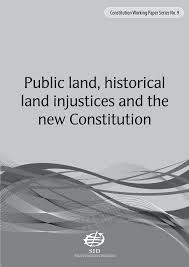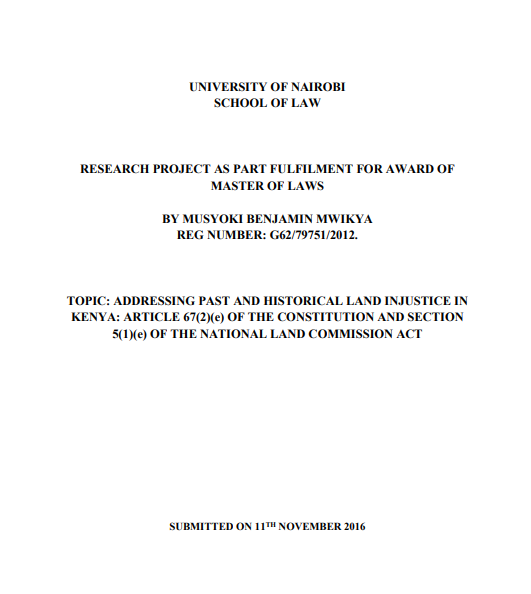Zambia Draft Land Policy (Workinf draft)
A working draft which ‘should not be quoted and interpreted as the policy of the Government of Zambia or any other government ministry or department until it has been finally agreed and adopted’. Has a brief background section and a brief section on vision, rationale, guiding principles, and objectives. The bulk is devoted to ‘situation analysis, challenges and policy measures’.








